ClassNK will calculate the CO2 emissions from the ships to be financed under the Sustainability-Linked Loan provided by ORIX Corporation (ORIX). The ship finance agreement signed between ORIX and a shipowner in Hong Kong is a sustainability-linked loan…

The Helen Delich Bentley Port of Baltimore has been awarded a $1.8 million grant from the U.S. Environmental Protection Agency (EPA) for the Port’s Diesel Equipment Upgrade Program, which replaces older cargo-handling equipment and dray trucks with newer…
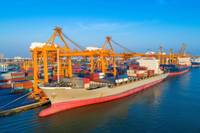
Port operations across the country are vital to America’s economy, often coming at a cost to health and welfare of neighboring communities—notably, by emitting harmful emissions and producing poor air quality.Incorporating propane can help ports…

The MIT Energy Initiative (MITEI) launched a new research consortium—the Future Energy Systems Center—to address the climate crisis and the role energy systems can play in solving it. Randall Field, Executive Director, discusses current research and the challenges ahead for the maritime sector…
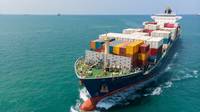
Ocean freight costs are likely to remain high in 2022 as investors and regulators scramble to accelerate decarbonization of the shipping industry and companies grapple with green financing, sources say.Shipping, which transports about 90% of…
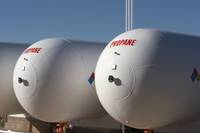
A new $1.2 trillion law to improve America’s infrastructure creates an unprecedented opportunity for propane and other low-emission fuels to power on-road and off-road fleets that have historically operated on diesel and gasoline.The Infrastructure…
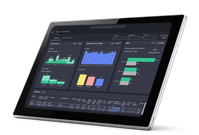
Klaveness’ digital arm has partnered with their decarbonization gurus at ZeroLab to make emissions from seaborne transportation readily available to charterers.A new emissions monitoring tool in CargoValue enables cargo owners to view total emissions by commodity…
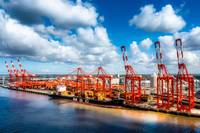
Leading British ports operator Peel Ports aims to become net zero of carbon emissions at all its operations by 2040 and is exploring hydrogen fuel solutions for some of its energy needs, the private group's chief executive said.Britain has said it is committed to reaching net zero emissions by 2050…

The GEF-UNDP-IMO Glofouling partnership (2017) is a global initiative to counter the environmental issue of invasive aquatic species (IAS) and the resulting harmful ecological and financial damage that can occur when such invasion events are…
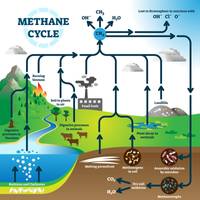
In four decades of climate negotiations, the world has focused intensely and exclusively on the most abundant climate-warming gas: carbon dioxide. This year, scientists are urging a focus on another potent greenhouse gas – methane – as the planet's…
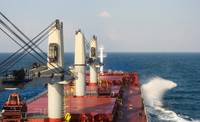
German energy exchange EEX on Monday launched a zero carbon freight index (ZCFI) which combines the bourse's dry freight and emission permits prices to show operators how accounting for carbon emissions could affect freights.Decarbonization…

Ship owners could be forced to pay for pollution from their vessels or face bans from European Union ports under draft plans to add shipping emissions to the bloc's carbon market.Shipping does not at present face EU emissions targets, but that…
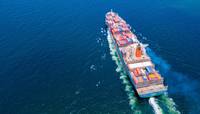
The U.N. shipping agency approved further measures on Thursday to boost the energy efficiency of commercial vessels although critics said the move fell short of what was needed to cut the industry's carbon footprint.The International Maritime…
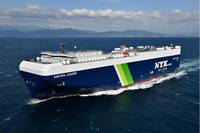
NYK signed a memorandum of understanding (MoU) for the consecutive building of LNG-fueled PCTCs at Shin Kurushima Dockyard Co., Ltd. and Nihon Shipyard Co., Ltd. Twelve new ships are planned to be built, six ships each at the two shipyards, for delivery successively from fiscal 2025 to fiscal 2028…
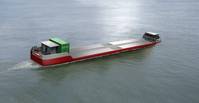
The past decade has seen tight restrictions on emissions from vessels, notably with a 2015 move to a .10% sulfur maximum in Emission Control Areas (ECA) in North America and in northern Europe. As the International Maritime Organization (IMO) now shapes shipping’s decarbonization future…




